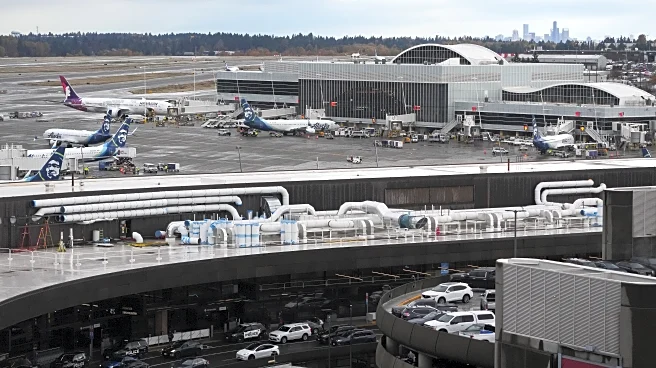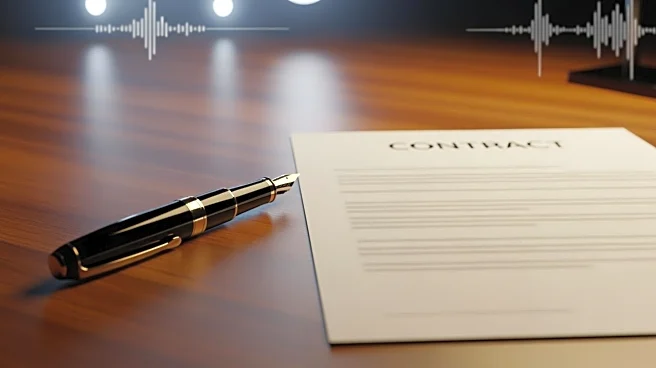SEATTLE (AP) — U.S. Sen. Maria Cantwell on Friday demanded answers from BP about a leak that has forced the shutdown of a major Pacific Northwest fuel pipeline, threatening the fuel supply for jets at Seattle-Tacoma International Airport as well as a possible increase in gasoline prices heading into a busy Thanksgiving travel weekend.
The 400-mile-long (644-kilometer-long) Olympic Pipeline is the backbone of the region's system for moving gasoline,
diesel, jet fuel and other petroleum products from refineries near the Canadian border to distribution terminals in the Pacific Northwest west of the Cascades, including major population centers in Washington and Oregon.
The pipeline system has been shut down since Monday, following intermittent shutoffs after a leak was discovered near Everett, north of Seattle, on Nov. 11.
Washington Gov. Bob Ferguson declared an emergency earlier this week, waiving some safety restrictions on truck drivers to allow more jet fuel to be hauled to the airport by road, and his office said Friday that measure was working to help more fuel reach the airport. Cantwell noted that it takes 90 trucks per day to deliver half the fuel the airport uses.
Major air carriers said Friday the shutdown has not so far disrupted travel at the airport, which is expected to see some 900,000 travelers over the Thanksgiving holiday, according to Cantwell.
“With so much riding on the reliable transportation of fuel through your system, pipeline safety and operational integrity must be top priorities,” the senator wrote to BP CEO Murray Auchincloss.
BP said in a written statement that response crews have been excavating two pipelines along the Snohomish River and there is no timeline for restarting them.
“The safety of personnel, the environment, and the community remain our highest priority,” BP spokesperson Christina Audisho wrote.
Alaska Airlines said it was preparing contingency plans in case the shutdown begins to affect operations, including having flights arrive at Sea-Tac with extra fuel so that they don't need to top up at the airport.
Portland International Airport does not anticipate any problems because it can bring jet fuel in by barge, unlike Seattle’s airport, officials said.
It remains unclear how much fuel has spilled. Cleanup efforts include deploying vacuum trucks and removing contaminated soil, Washington Department of Ecology spokesperson Jasmin Adams said in an email. Neither BP nor state officials have reported any contamination in the nearby river.
Among the questions Cantwell insisted that BP address was what caused the leak, what BP was doing to mitigate it, when the pipeline was last inspected in the area and what effect the shutdown would have on regional gas prices.
Previous shutdowns of the pipeline have prompted gas prices to spike in Washington and Oregon.
The pipeline has a lengthy history of leaks, including a 1999 fireball that killed three young people recreating along a creek in Bellingham, Washington. The accident led to an overhaul of federal pipeline regulation.
In 2023, a spill near Conway, north of Seattle, sent around 25,000 gallons (95,000 liters) of gasoline into nearby streams that support salmon and other wildlife.
Kenneth Clarkson, spokesperson for the Pipeline Safety Trust, a pipeline safety education and lobbying organization founded after the Bellingham explosion, noted in an email Friday that equipment failure has been the cause of 21 Olympic Pipeline spills since 1999.
“These incidents have caused over $100 million in property damage," Clarkson wrote. “Olympic Pipeline must explain what has changed and what they’re doing to stop it.”
















